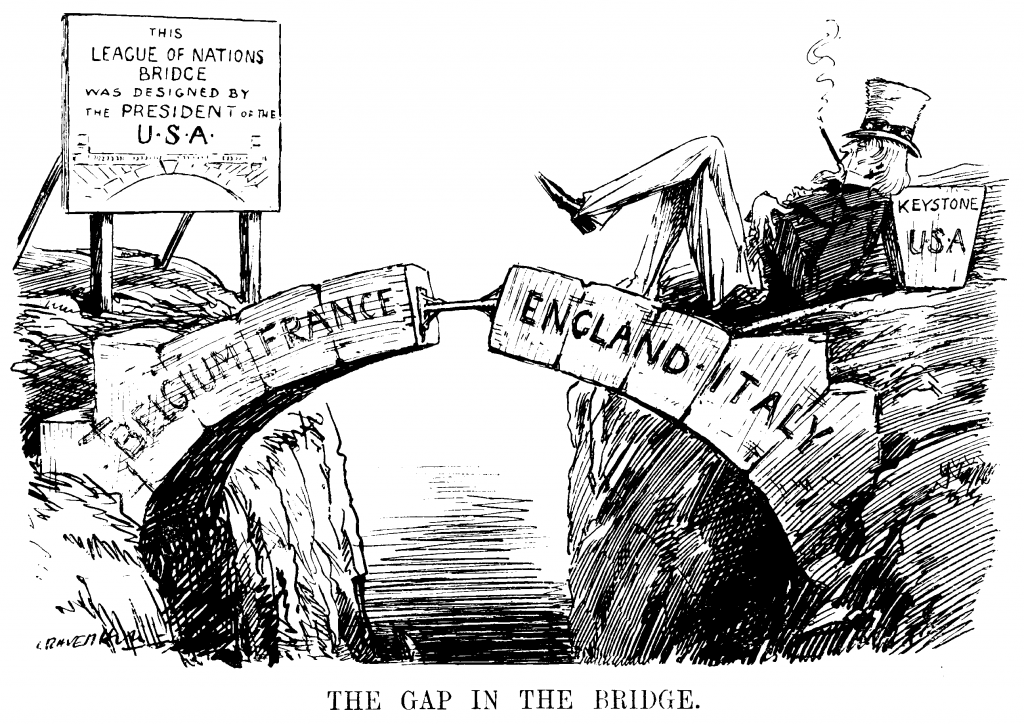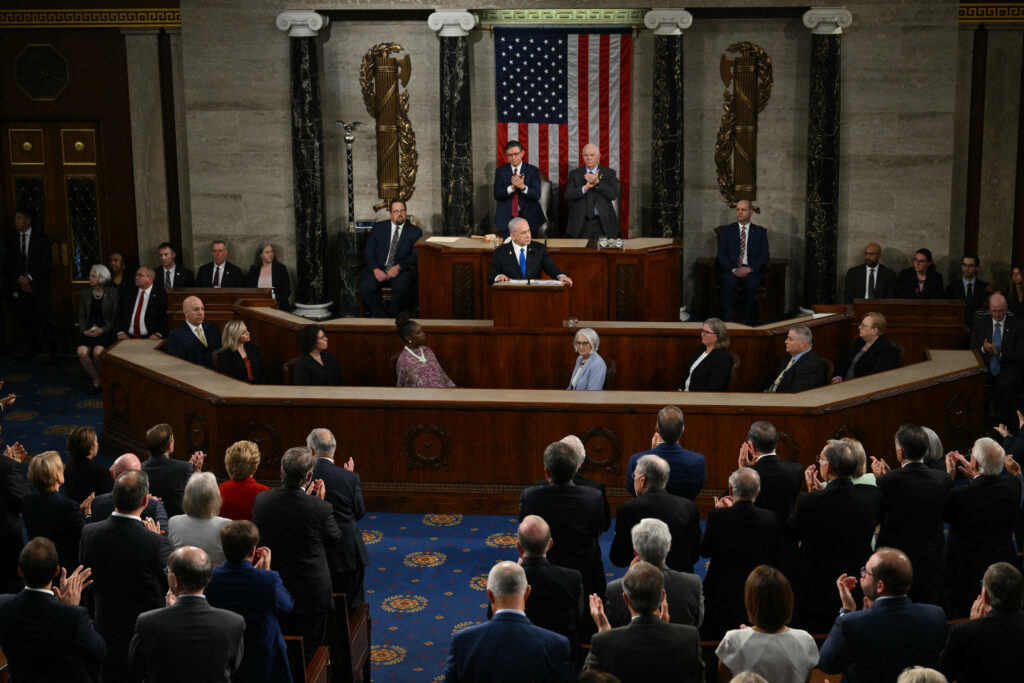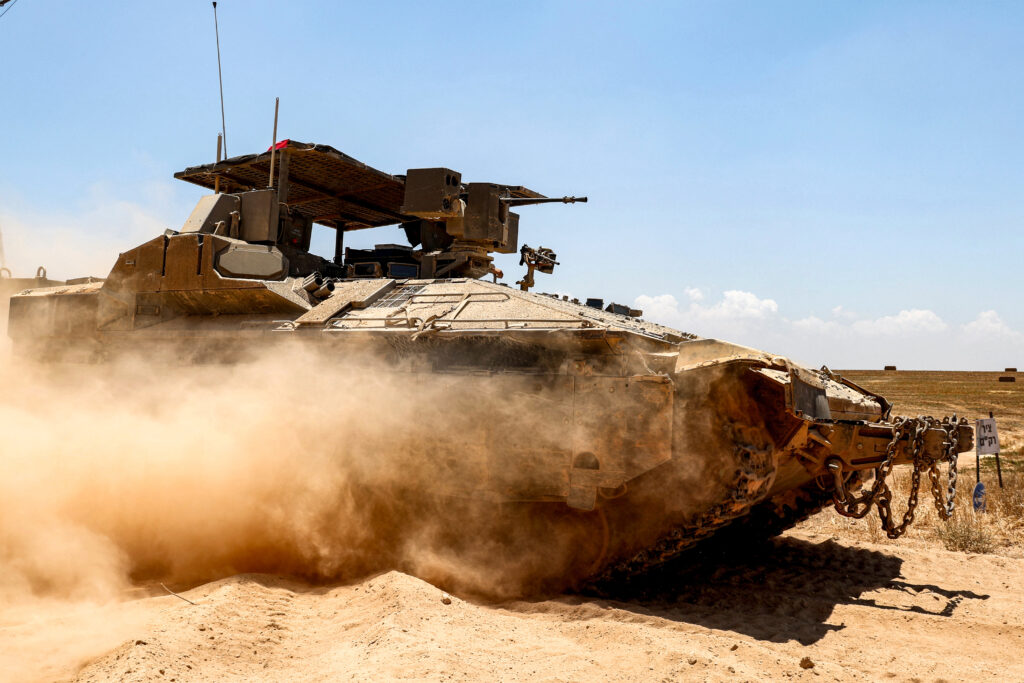MEI Research Intern Wayne Yeo writes on rising multipolarity and compares it with the environment before the two world wars. Read on to find out how Wayne interprets the significance of this multipolarity in historic terms.
A New Multipolarity
- - July 9, 2018

Multipolarity – a term every budding international relations undergrad will come across in their field of study. Coincidentally, the power model was the closing topic of choice during MEI’s Arabia Asia research cluster conferences entitled, “A Northern Tier in West Asia? – States, Networks, and Informal Diplomacy”. What struck me, the IR undergrad, as a moment of excitement when the term was uttered across the room, was lamented across the panel of researchers when understanding the new dimensions that are emerging through the Central Asia geostrategic sphere.
Now, as Turkey’s Erdoğan successfully defends his position as executive president of the transcontinental state[1] and with its newfound alliance with Iran and Russia[2], it joins the ranks with China as those that could challenge the unipolar world that dominates the post-Cold War era. I can’t help but wonder, what difference does the term multipolarity bring about, then from the story of the two World Wars and now, a modern era wrought with uncertainty.
Multipolarity is a distribution of power system which illustrates that no one state dominates international politics. Physical force is the main feature of power, translated through the show of arms, although some scholars argue that power can be further divided in other forms.
The last time the world ever saw a multipolar power distribution system was the period that spanned the post-1648 Westphalian era, from the ashes of the Thirty Years War in Central Europe, up until the introduction of the Cold War in 1947. Needless to say, multipolarity was the script that ran through the puppet show that characterised the two World Wars.
Both world wars, as a grim reminder, served to show that brute force remains the primary motivator of interests states effectively respond to. It was probably this impression that so despondently created the aura of gloominess by the panellists in MEI’s conference, at least from my view. But what can a multipolar world today really do to command such an expression?
In my perspective, one difference is that previously conventional armies were the main instruments of violence. Now, we have weapons of mass destruction and power is centralised onto the position of individuals rather than armies. I felt that the changing nature of warfare hence affects the way we also approach politics. As Kenneth Waltz demonstrated in his theory of Structural Realism, states remain distrustful of each other.[3] Gone are the times when great power states can simply approach warfare in the same manner as they did 70 years ago. In fact, politics has become frozen in animation[4] as the situation of mutually assured destruction using nuclear weapons becomes highly probable.
One other difference I argue, is that diplomacy is forced to operate on different levels of secrecy. During WWI especially, the aftereffects of the assassination of Archduke Franz Ferdinand could be felt by the sudden declarations of war by multiple European actors. Today, we have the United Nations as a medium for greater transparency. Whether it is effective is another story, because as discussed earlier, state diplomacy remains one of suspicion.
The future of the Turkey-Iran-Russia tripartite alliance will no doubt challenge the influence of US politicians. I believe that it must embrace the issues it has to deal with; chiefly on Syria, the EU, the UN and NATO. Its effectiveness thus, remains to be seen. In view of a new coming, as Kishore Mahbubani so illustrates in his new book, “Has the West lost it?”, the US must learn to share the power it has so readily gotten used to for the past 70 odd years or face many new struggles.[5]
[1] Kemal Kirişci, “How to read Turkey’s election results,” Brookings, June 25, 2018, https://www.brookings.edu/blog/order-from-chaos/2018/06/25/how-to-read-turkeys-election-results/.
[2] Conn Hallinan, “An Emerging Russia-Turkey-Iran Alliance Could Reshape the Middle East,” Foreign Policy in Focus, April 19, 2018, https://fpif.org/an-emerging-russia-turkey-iran-alliance-could-reshape-the-middle-east/.
[3] Kenneth Waltz, Theory of International Politics (New York: McGraw-Hill, 1979).
[4] Barry Buzan, People, States and Fear (Wheatsheaf Books, 1983).
[5] Kishore Mahbubani, Has the West Lost It?: A Provocation. London: Allen Lane, 2018.
More in This Series
More in This Series
- Jean-Loup Samaan
- - July 11, 2024
- Aisha Al-Sarihi, Ehsan Rasoulinezhad, Jinseok Sung
- - June 20, 2024








